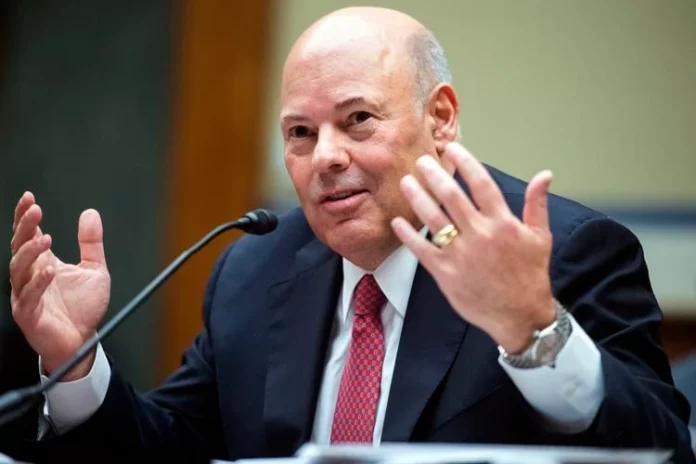
Too often, taxpayers have had to put up with costly government programs that only expand over time. America’s mail carrier has more than its fair share of red ink, and the agency’s mission creep and inefficient operations certainly haven’t helped.
Due to dubious discounts supposedly passed along to bulk postage buyers, the U.S. Postal Service (USPS) has had real trouble raising revenue to meet growing expenses. For years, companies participating in the reseller program have used these discounts to pad profits while undermining the USPS’ business model. This program is, fortunately, coming to an end, giving taxpayers and consumers a rare cause for celebration. Other agencies should take the USPS’ lead and give much-needed scrutiny to floundering operations.
Like most sellers, the USPS is eager to extend promotions as a way of getting new consumers and attracting large clients. Without the appropriate oversight, strategic discounts can easily spring leaks in any venture. The USPS learned this the hard way when it gave private resellers the green light to offer marked-down postage to bulk buyers. These middlemen strayed far from program guidelines, extending discounts to companies that didn’t buy enough postage to qualify for promotional rates.
In 2017, the Capitol Forum (a watchdog group) used barcode scanning technology to decode the postage prices that middlemen were offering small postage buyers. They found that these small buyers were offered bottom-of-the-barrel prices by resellers even after the postal consumers emphasized how small their shipping volumes are. In some cases, these buyers paid just $10.26 on a three-pound parcel that should have cost $14.90. That $4.64 difference bolsters middlemen’s balance sheets because it ensures that customers will patronize them instead of going directly to the post office. But every cent of that total comes at the expense of postal profitability and subtracts from product cost coverage.
For a while, this unsustainable arrangement operated free of scrutiny and cost the agency more than $200 million per year. The first shoe thankfully dropped at the beginning of 2019, when the USPS began divorcing itself from leading reseller Stamps.com. The agency nixed an “exclusive partnership” with the reseller, cutting off access to the lion’s share of deeply discounted postage. Despite this step in the right direction, the reseller program continued to limp along at a substantial cost. The USPS Inspector General (IG) released a heavily redacted report that analyzed, “[t]he complex role of middlemen and discounts in the USPS package business.”
While most of the report is hidden behind a thick sludge of black ink, postal management wasn’t pleased by the findings. The IG notes, “management claimed that the OIG’s report contains commercially sensitive information and should only be disclosed to postal management… Management also disagreed with many of the OIG’s findings.” The IG regarded these clumsy attempts at secrecy as “an attack on the independence of the OIG and an attempt to keep important work from being disclosed to critical stakeholders.” Meanwhile, taxpayers and consumers were left wondering why the USPS was so afraid of discussing its supposedly innovative and money-making venture out in the open.
Then-incoming Postmaster General Louis DeJoy rightly saw this postal drama as a major red flag and reportedly tried to immediately axe the program. There was (predictably) pushback from postal management, and progress proved slow. But it looks like DeJoy finally got his way; the program is scheduled to be unceremoniously kiboshed on October 1. At last, taxpayers and consumers can place some trust in beleaguered postal leadership. The $200 million in annual revenue gains won’t make up for multi-billion-dollar net losses, but reform has to start somewhere. Only time will tell if the USPS can fully get its act together and deliver for the American people.
Ross Marchand is a senior fellow for the Taxpayers Protection Alliance.
Republished with the permission of The Center Square.













